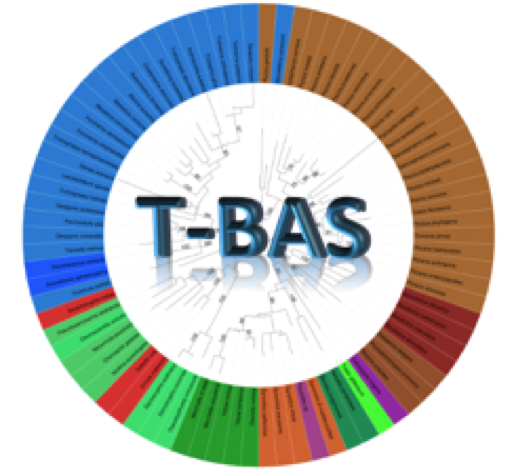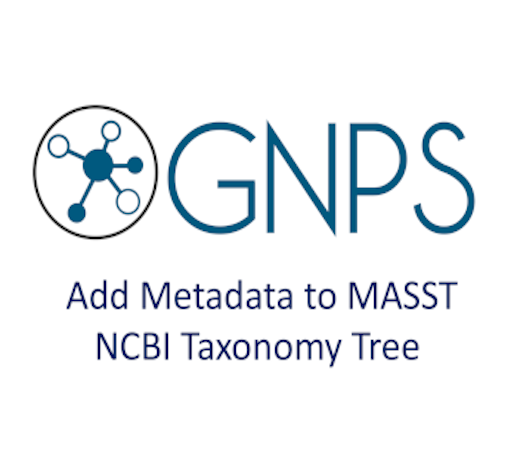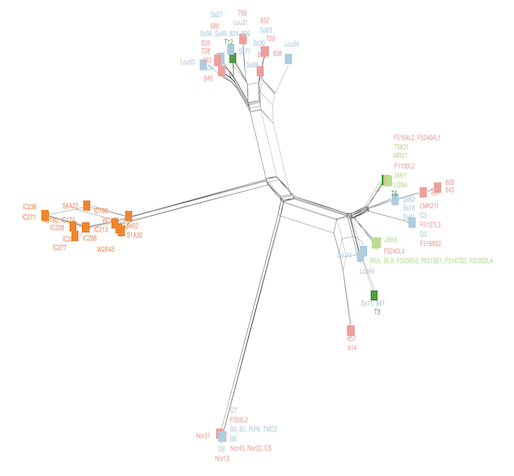About us
The goal of the Center for Integrated Fungal Research (CIFR) is to integrate all aspects of fungal research including environmental and climate initiatives, disease, agriculture, evolution, mathematical modeling, genomics and bioinformatics, and to translate knowledge from fundamental research to stakeholders, the general public, and the scientific community. CIFR will promote education and understanding of the relative contribution of global biodiversity to the beneficial and deleterious activities of fungi.
News and Events
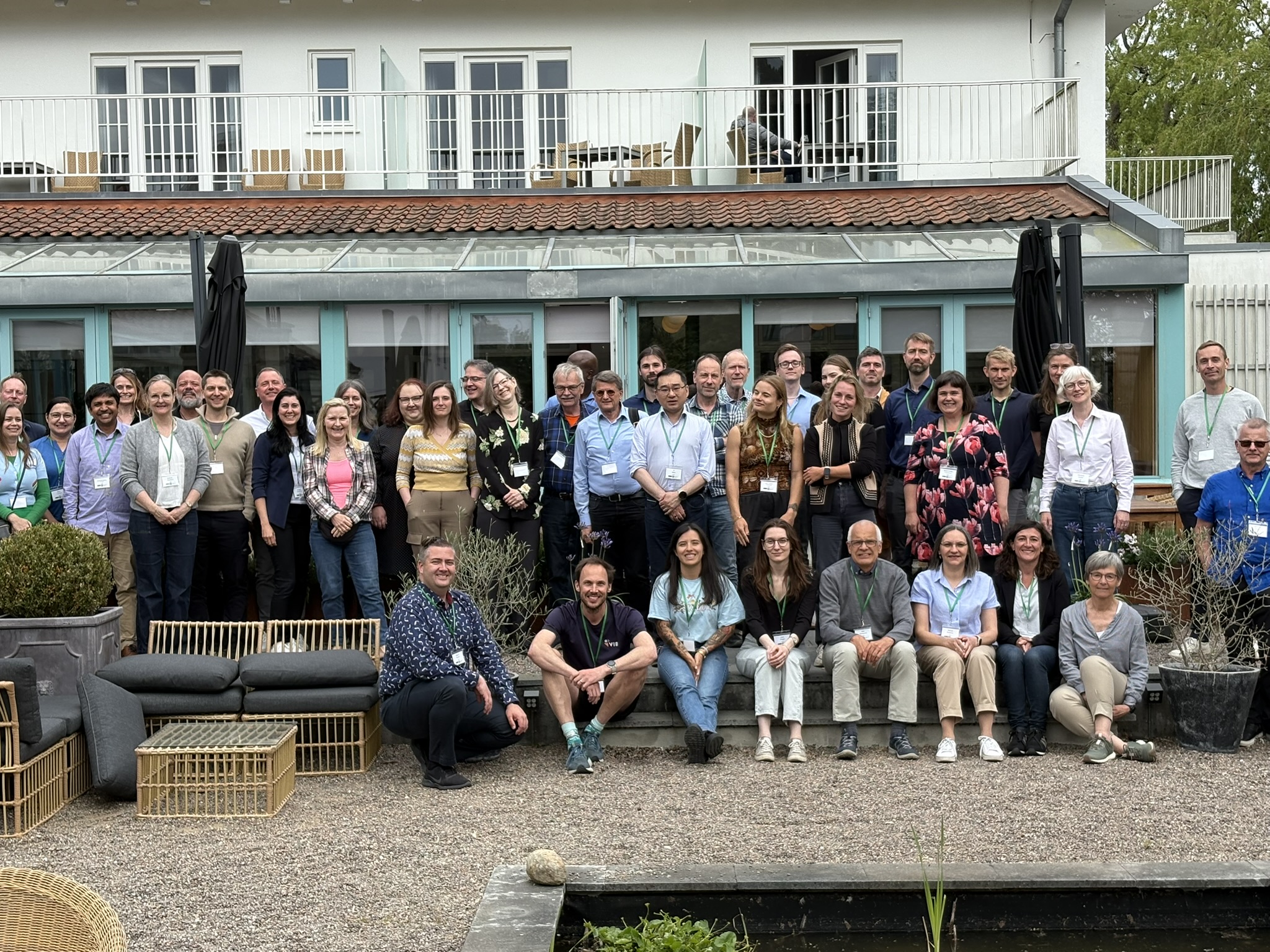
Collaborative Crop Resilience Program (CCRP) held its 2025 Annual Meeting
CIFR faculty members participated in the 2025 Annual Collaborative Crop Resilience Program (CCRP) meeting in[…]
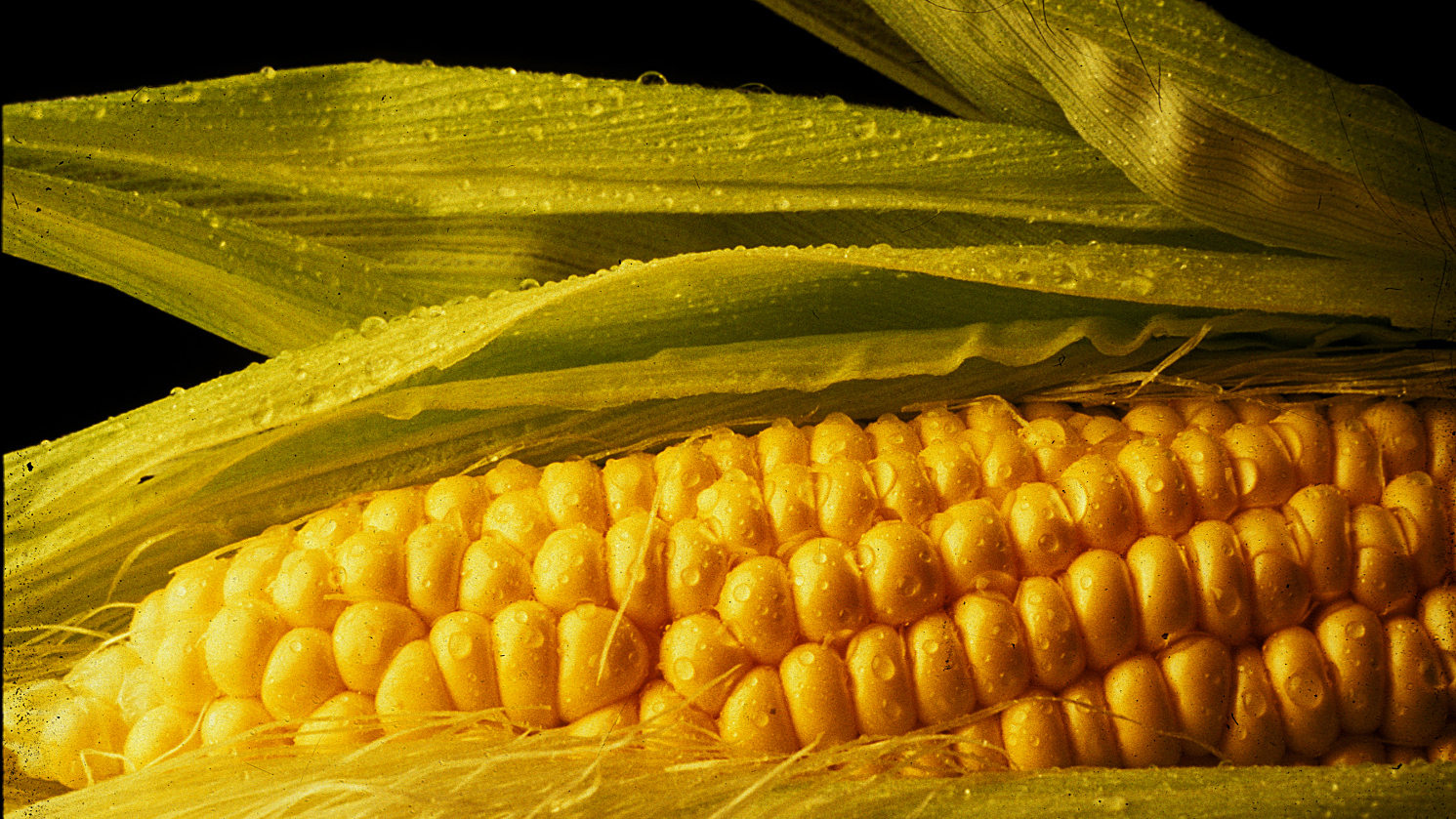
Hawkes receives Chancellor’s Innovation Fund
Congratulations to Dr. Christine Hawkes and her collaborator, Dr. Saad Khan for receiving one of this year’s[…]
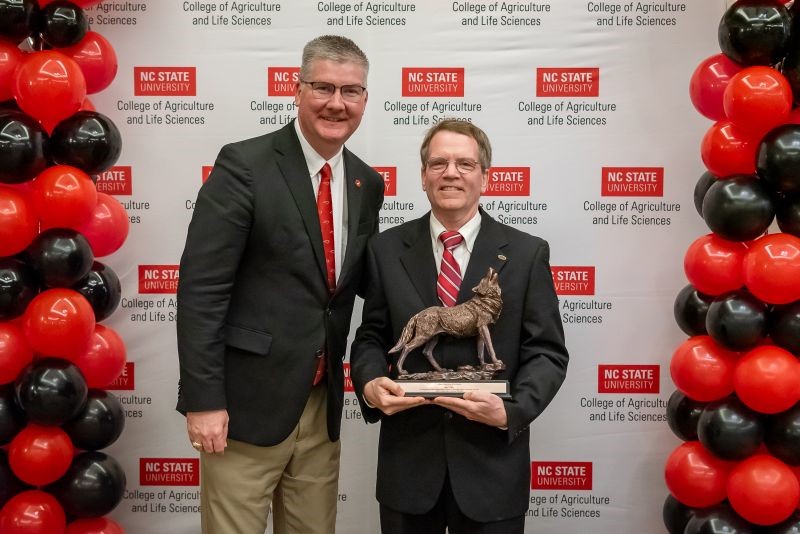
Marc Cubeta receives the Alumni Association Distinguished Graduate Professorship Award
Congratulations to Dr. Marc Cubeta on receiving the Alumni Association Distinguished Graduate Professorship Award! This honor recognizes[…]

Nathan Crook and Michael Bradshaw Named 2024-2025 Goodnight Early Career Innovators
Nathan Crook and Michael Bradshaw were named to the 2024-25 class of Goodnight Early Career[…]
Research
Fungi represent a diverse group of organisms that are important to society and the ecosystem. From a basic research perspective, fungi have been exploited to gain insight into more complex biological processes including the molecular basis of human disease. Fungi provide nourishment, are a rich source of numerous antibiotics and other valuable products, and are used extensively in industrial fermentation processes. Fungi also cause devastating diseases, particularly of plants, and continue to be responsible for enormous human suffering. It is noteworthy that a significant number of plant pathogenic fungi also cause serious human and animal disease, for which there are very few effective therapeutic agents.
Mission
The mission of CIFR is to most effectively work towards combating the threat of fungal disease and to enhance industrial application of fungi through integration of a broad range of approaches and expertise within a formal scientific framework, to improve genomic research techniques through collaborative efforts with industry and technological partners, to disseminate related educational information to the general public and to provide training and instruction for students, post-doctoral fellows and visiting scientists in fungal biology and genomics.
Vision
Fungal and microbial bioscience solutions for sustainable agriculture, health management and environmental stewardship. We strive to develop a holistic view of the interactions of fungi with animals, insects, microbes, and plants at different genetic scales from individuals to communities, and the environment, at scales from molecular to ecosystem. Developing a multidisciplinary view of the whole plant-microbe-soil system will position CIFR to be a world leader in the exploration of fungi in the biosphere to resolve societal grand challenges.
Featured Research

Tracking plant pathogens on regional and global scales
Sexual recombination and migration are two important forces driving diversification in pathogen populations. In the Carbone lab, we apply[…]

Timelapse fluorescence and DIC microscopyof a crawling zoospore
Chytrid fungi make motile spores called zoospores that can crawl like an amoeba or swim with a flagellum. In[…]
Focal Areas
Fungal Plant Pathogens and Epidemiology
Understanding disease etiology of fungi such as i) Rhizoctonia on agricultural plants, ii) Magnaporthe oryzae, the causal agent of rice blast disease, and iii) Stagonospora nodorum blotch in winter wheat.
Evolutionary Biology and Population Genetics
Application of analytical methods to understand the genetic diversity and evolution of various fungi including yeast, Aspergillus, and chytrids.
Microbial Engineering, Interactions and Ecology
Innovative approaches, such as engineered microbial communities, to explore plant-microbe and human-gut-microbe interactions.
Computational Tools and Mathematical Modelling
Computational tools to explore evolutionary and population genomics, biological networks, prediction of emerging plant-pathogens, and disease etiology.
Molecular Mechanisms and Biocatalysis
Classical and chemical approaches to characterize mechanisms that have important implications in agriculture.
Partnering and Licensing
Partnerships with industry to license computational tools and to commercialize CIFR patents and IP.
“Developing new approaches for integrating highly heterogeneous data is emerging as one of the grand challenges of biology and is foundational for both basic and applied research.”
–Ignazio Carbone, Director, Center for Integrated Fungal Research
Contact us
Have a question for CIFR? Please reach out to Dr. Mary Anna Carbone (CIFR Project Manager):

